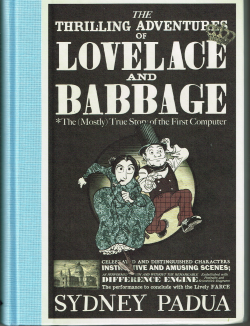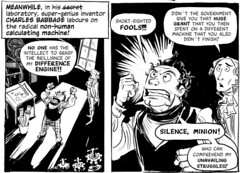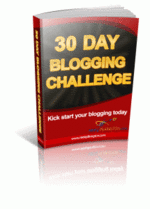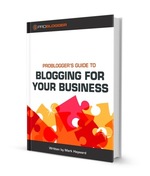I'm in the process of collating top tips and resources about this topic. I've compiled a list of useful links (see below), which I'm adding to continually, but if you have any advice based on experience it would be interesting to hear about it.
Read MoreOver the past few years I've written several articles about 3D printing and its potential application in education. I first came across a 3D printer at a City Learning Centre in London. That was 15 years ago at the time of writing, ie 1998. What I had not realised back then was that 3D printing had already been around for ages -- since the mid-1980s in fact.
Read MorePublished by the British Educational Suppliers Association (BESA), this is a report on research undertaken to find out how schools use, and anticipate using, new technology. It covers funding, hardware used by teachers, hardware used by pupils, software used by teachers, communicating with parents through social networking and other means, and home access.
Read MoreThe aim of this book, written by Darren Rowse and Glenn Murray, is to help you write better blog posts. However, “better” in this context refers to generating more visitors to your blog rather than “just” improving your writing skills. The idea is a simple one: why not identify the key elements of successful blogging, and then provide a tool by which to measure how a particular blog post has done? That’s exactly what the book aims to do.
Read MoreAre parents a necessary evil from a school's point of view,or can they be an essential part of the work of the school? And if so, how? This book provides some (though not all) of the answers.
Read MoreThe next edition of Computers in Classrooms, the free e-newsletter for people with a professional interest in educational ICT, will be available at 09:30 UK time today. Here is a summary of its contents, which includes news, articles and book reviews:
Read More Ada Lovelace died young, at the age of 36, and Charles Babbage never built his Analytical Engine. Had Lovelace lived, and had Babbage actually built his invention, the computer would have been invented a hundred years before it was.
Ada Lovelace died young, at the age of 36, and Charles Babbage never built his Analytical Engine. Had Lovelace lived, and had Babbage actually built his invention, the computer would have been invented a hundred years before it was.









